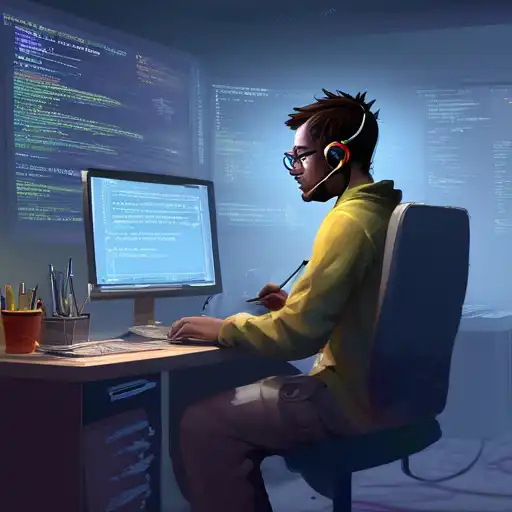Introduction to Debugging for New Programmers
Debugging is an essential skill for every programmer, especially for those just starting out. It involves identifying and resolving errors or bugs in your code that prevent it from running correctly. This article provides practical debugging tips to help new programmers navigate through common coding mistakes efficiently.
Understand the Error Messages
One of the first steps in debugging is to read and understand the error messages your compiler or interpreter provides. These messages often contain valuable information about what went wrong and where in your code the error occurred. Taking the time to comprehend these messages can save you hours of unnecessary frustration.
Use a Debugger Tool
Most Integrated Development Environments (IDEs) come with built-in debugger tools. These tools allow you to step through your code line by line, inspect variables, and evaluate expressions at runtime. Learning how to use these tools can significantly enhance your debugging process.
Check Your Syntax
Syntax errors are among the most common mistakes new programmers make. These can range from missing semicolons to mismatched brackets. Always double-check your code for syntax errors before moving on to more complex debugging strategies.
Break Down Your Code
If you're dealing with a complex bug, try breaking down your code into smaller, more manageable parts. Test each part individually to isolate the section causing the issue. This approach can make it easier to identify and fix the problem.
Look for Patterns
Often, bugs follow certain patterns. If you're repeatedly encountering similar issues, take note of them. Understanding these patterns can help you avoid making the same mistakes in the future and speed up your debugging process.
Ask for Help
Don't hesitate to ask for help when you're stuck. Online forums, coding communities, and even social media platforms can be great resources. Remember, every programmer has been in your shoes at some point, and most are happy to help.
Practice Makes Perfect
Debugging is a skill that improves with practice. The more you code and debug, the better you'll become at identifying and fixing errors quickly. Embrace the debugging process as an opportunity to learn and grow as a programmer.
Conclusion
Debugging can be challenging, especially for new programmers, but it's also an invaluable learning tool. By understanding error messages, utilizing debugger tools, checking syntax, breaking down code, looking for patterns, asking for help, and practicing regularly, you can become more proficient at debugging. Remember, every bug you fix makes you a better programmer.
